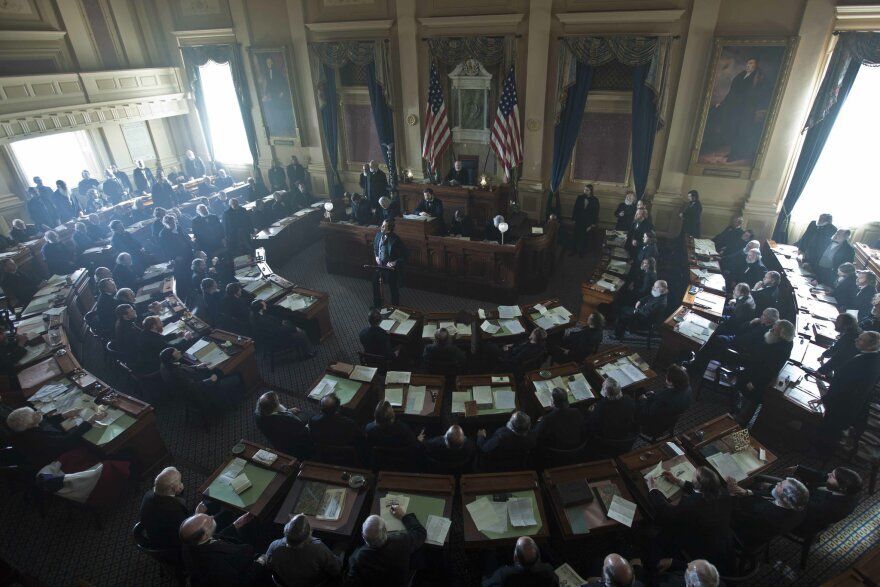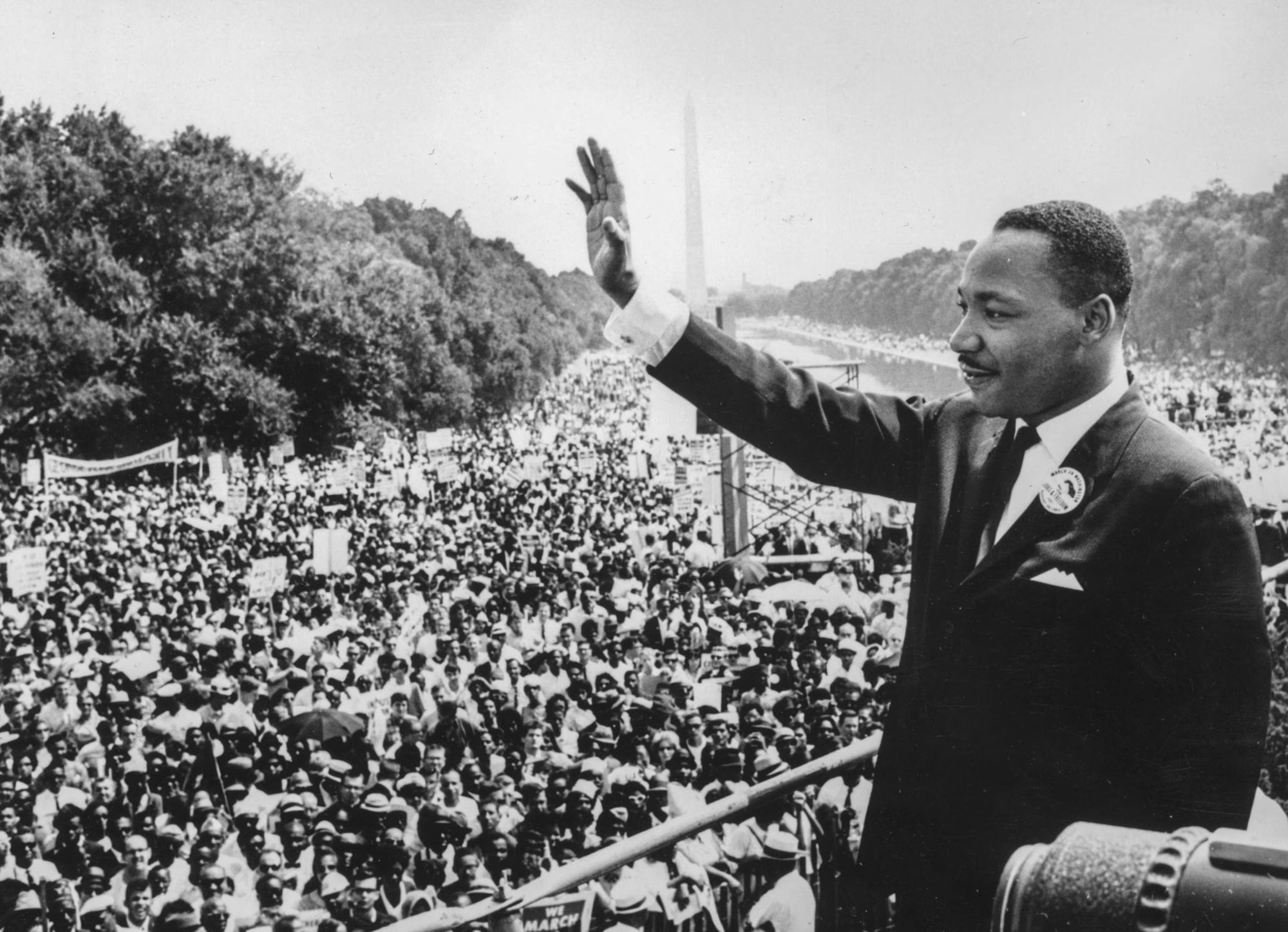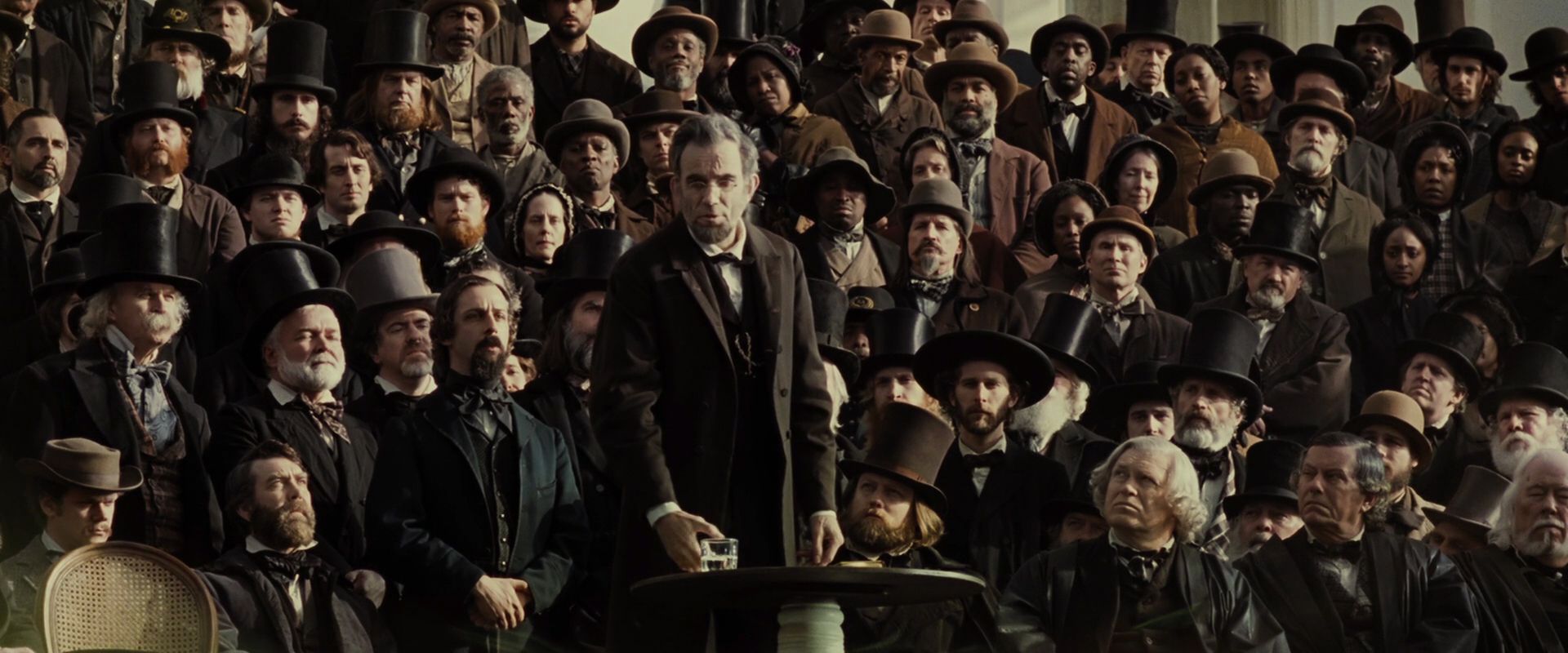Disclaimer: This is not a review, but do expect a spoiler.
February was a month of paradoxes. In only 28 short days, it celebrates unabridged love while commemorating Black History full of struggles and triumphs. It tells us that every human is born to love but exposes a dark past of ours in which some races found it harder to be loved than others.
Last week, I was assigned to write something creative about Black History Month. Honestly, it was a real struggle to let my imagination run trying to approach such a sensitive and phenomenal topic as black history and racism. Too much humor and you come across as superficial and disrespectful. Too little of it and your blog post becomes so dry it turns into a Wikipedia article. Worse, I could not even draw any examples from my life as an Asian student. So I decided to seek some advice from the actual person that inspired the Black History Movement, former U.S. President Abraham Lincoln.
Lincoln (2012) was not the first time Abraham Lincoln got his life depicted on the big screen, but probably the most praise-worthy time. It told the story of the 16th President after his re-election and his political genius in helping to end the destructive Civil War and abolish slavery once and for all in Southern America. Although racial equality seems to have been the achieving standard in the 21st century, by 1865, when the plot started, Black people were widely marginalized, abused, and enslaved without any legal repercussions against slave owners. President Lincoln's monumental Gettysburg Address in 1863 was probably the first time that the idea "all men are created equal" actually came to mean individual equality regardless of race. The better of the movies saw scenes filled with either white politicians or miserable Black slaves. If you were born a Black American in the 19th century, you had two choices: be a slave or a soldier.

Apart from the realistic depiction of American society, Lincoln can be a hard pill to swallow. Imagine being shouted in the face that you are not born equal or knowing that your loved ones died fighting for your human rights. Why does something as grandeur as democracy come so easily while equal treatment for all took us centuries and countless casualties to accomplish? What was more comical was that not all the anti-abolitionists (slavery supporters) knew what they were talking about: while some voted for slavery because of fear of retribution from their party, others did it because they profited from enslaving others. That is to say, it took so much courage and vision to fight against slavery.

Yes, I'm talking about Martin Luther King Jr., whose famous saying "I have a dream" chained him to years of imprisonment but ultimately set free millions of Black souls. I'm talking about Malcolm X, whose idea of Black separatism led him to be assassinated at only 40 but also laid the groundwork for the Black movement in the years following his death. And of course, I'm talking about President Lincoln, who nearly risked his hard-earned bipartisan support in exchange for the passage of the 13th Amendment, which was deemed impossible even by his loyalists.
Dark as it might sound, Lincoln is not without its comedic relief. I enjoy listening to those light-hearted yet suspenseful, small stories Lincoln told whenever he was about to announce something big.
"If you can look into the seeds of time and say which grain will grow and which will not speak then to me," Lincoln quoted Shakespeare's Macbeth.
"Things which are equal to the same thing are equal to each other," - Another time, he recited Euclid's First Theorem.
It might sound remarkable to hear those words from someone like Lincoln, but if you were a subordinate waiting for your leader's command in the middle of a bloody civil war, I bet you would be, at best, slightly annoyed and, at worst, enraged with the literal nonsense, especially if you did not care about Shakespeare. But I do find those little sentences amusing, if not inspiring. They show how calm and confident Mr. Lincoln was in his goals and visions. He quoted old thinkers not only because he had been binge-reading but also because Shakespeare and Euclid represented a time of antiquity: Racial equality and civil rights for Black people are written in nature's law and recognized since the dawn of history. One or two minutes of story time will not matter, justice will win and Black people shall be equal.

The ending gave me mixed feelings. Happy as I am for the wins of the Black community, I was saddened to see Mr. President lying on his deathbed amidst the mourning of his companions and family. The assassination of Abraham Lincoln did not weaken the verdict supporting civil rights for Black people, though. Years after his death, activists fought to protect the 13th Amendment and the future of the Black race in the U.S. and worldwide.
As we celebrate Black History Month and the birth of President Lincoln (February 12th), I would like to send my best wishes and admiration to all of my Black friends and acquaintances! Happy Black History Month!
Sincerely,
VinUnians.
REFERENCES
Denby, D. (2012, November 17). Six Footnotes to the Greatness of “Lincoln”. The New Yorker. https://www.newyorker.com/culture/culture-desk/six-footnotes-to-the-greatness-of-lincoln
Pinsker, M. (2013, February 1). Spielberg’s “Lincoln” (2012): The Unofficial Scene-by-Scene Summary | Emancipation Digital Classroom. https://housedivided.dickinson.edu/sites/emancipation/2013/02/01/spielbergs-lincoln-2012-the-unofficial-scene-by-scene-summary/
Scott, A. O. (2012, November 8). A President Engaged in a Great Civil War. The New York Times. https://www.nytimes.com/2012/11/09/movies/lincoln-by-steven-spielberg-stars-daniel-day-lewis.html
Vlasits, S. (2012, November 25). A Historian Views Spielberg’s Lincoln (2012). Not Even Past. https://notevenpast.org/historian-views-spielbergs-lincoln/
Comments
Sign in or become a Sincerely, VinUnians member to join the conversation.
Just enter your email below to get a log in link.









